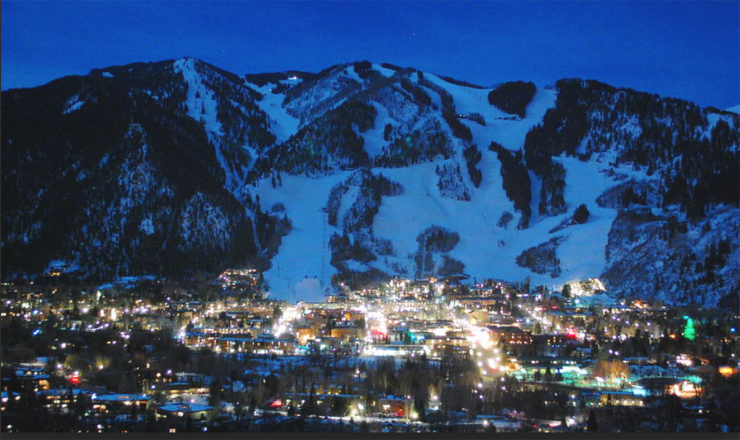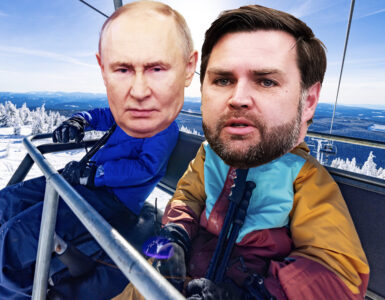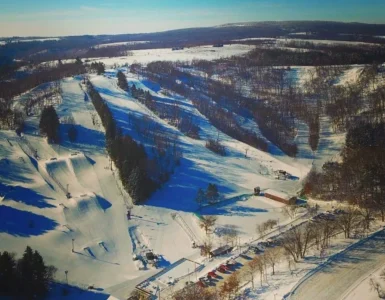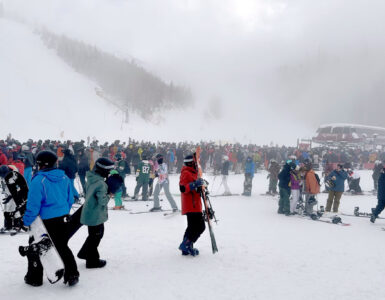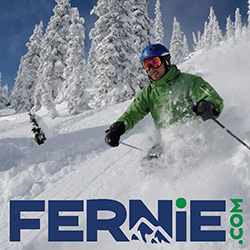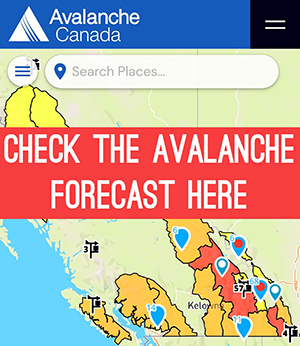More than 170 potential bidders lined up to buy Intrawest’s stable of ski areas — revealing a growing appetite for destination resorts. Some were resort operators, but most of the suitors were financial firms and billionaires. It was a combination that won — a partnership that married a veteran operator with a financial player that pulled together the biggest deal in ski resort history.
The operator, Aspen Skiing Co., really only wanted Winter Park, Steamboat and Intrawest’s Canadian Mountain Holidays helicopter skiing operation. The Roaring Fork Valley resort owner offered as much as $1.129 billion for the three properties. The company also offered as much as $878 million in cash for just Winter Park and Steamboat.
But Intrawest wanted to sell the entire company — six resorts in Canada, Colorado, Vermont and West Virginia, 1,113 acres of land, the 12-lodge CMH and a real estate business — in a single transaction.
So Aspen Skiing joined with the top bidder, Denver private equity firm KSL Capital Partners, and the partnership increased its bid to $23.50 a share for Intrawest. Intrawest countered with $23.75 a share and a $1.7 billion deal was forged that will shape the ski resort industry for decades to come.
A 273-page document publicly traded Intrawest filed with the Securities Exchange Commission — a PREM 14C — this week details how the deal came together.
Between December and February, Intrawest’s financial advisors were in contact with 173 potential buyers. Sixteen were “strategic partners in the global ski industry.” Sixty three were financial firms, 51 were “high net worth individuals,” 32 were institutional investors and hospitality businesses primarily from the Middle East and Asia, nine were real estate investors and two were acquisition companies.
KSL Capital led with a cash bid to buy all of Intrawest for $23 to $26 a share. Four undisclosed groups offered between $19 and $23 a share. Aspen Skiing bid for portions of Intrawest.
The several dozen potential bidders who ultimately backed off the deal gave Intrawest’s financial advisors a litany of reasons for walking away, including: the spike in Intrawest’s stock price following a news story on the possible sale; the company’s ability to meet financial forecasts; “concerns regarding long-term trends of the ski industry,” namely the less than 1 percent growth in skier visits over the last 20 years; the longer-term impact of climate change; the cost of needed capital expenditures; and the complexity of the business.
Other interesting items gleaned from the SEC filing:
– Intrawest will no longer exist as a public company following the acquisition.
– A consortium of banks will lend KSL Capital and Aspen Skiing $1.235 billion, and both KSL and Aspen Skiing owner Henry Crown & Co. each will contribute $351.6 million.
– The deal will require a total of about $1.7 billion from KSL-Aspen Skiing, of which $982 million goes to Intrawest stockholders and the remainder used to refinance Intrawest’s debt and cover fees and expenses related to the merger.
– If Intrawest breaks the deal, under certain requirements it will pay KSL – Aspen Skiing $28.4 million. If the KSL – Aspen Skiing group breaches the contract, it will pay Intrawest $66.2 million.
– Following the April 8 stockholder approval of the deal, Intrawest is prohibited from responding to unsolicited proposals and cannot terminate the deal to take a superior proposal.
– The deal is set to close in July, August or September.
– The value of Intrawest’s 1,113 acres of undeveloped real estate is $136 million.
– The portion of Intrawest’s interest in Mammoth Hospitality Management, a wing of Mammoth Resorts that KSL-Aspen Skiing acquired after announcing the Intrawest deal, is valued at $22 million.
– Intrawest, between 2013 and 2017, re-invested 8 percent of its revenues, compared to 11 percent by Vail Resorts. The difference between Vail Resort and Intrawest’s investment over that period is $60 milllion.
– According to reviews by banks that analyzed the deal for Intrawest, Vail Resorts is the model for for North American publicly traded ski, golf, amusement park and cruise ship companies, with an equity value of nearly 15 times its earnings before interest, taxes, depreciation and amortization, or EBITDA.
– Recent comparable deals — including ski, golf, timeshare, amusement park and cruise line acquisitions — showed Vail Resorts’ acquisition of Vermont’s Stowe Mountain at 10 times EBITDA; private equity firms EPR and Och-Ziff’s acquisition of real estate investment trust’s CNL collection of ski resorts at 8.9 times EBITDA; Vail’s acquisition of Whistler Blackcomb at a record-setting 15.7 times EBITDA; Vail’s acquisition of Australia’s Perisher resort for 8.5 times EBITDA; and Vail’s acquisition of Park City at 9.8 times EBITDA.
The KSL-Aspen Skiing deal for Intrawest is valued at 10.3 times EBITDA. The median for 17 various deals since 2009 was 8.8 times EBITDA.
Intrawest CEO Tom Marano, who joined the company in November 2014, will make more than $33 million in the deal off his more than 2.64 million company stock options, not counting a severance package.
By JASON BLEVINS | jblevins@denverpost.com | The Denver Post


